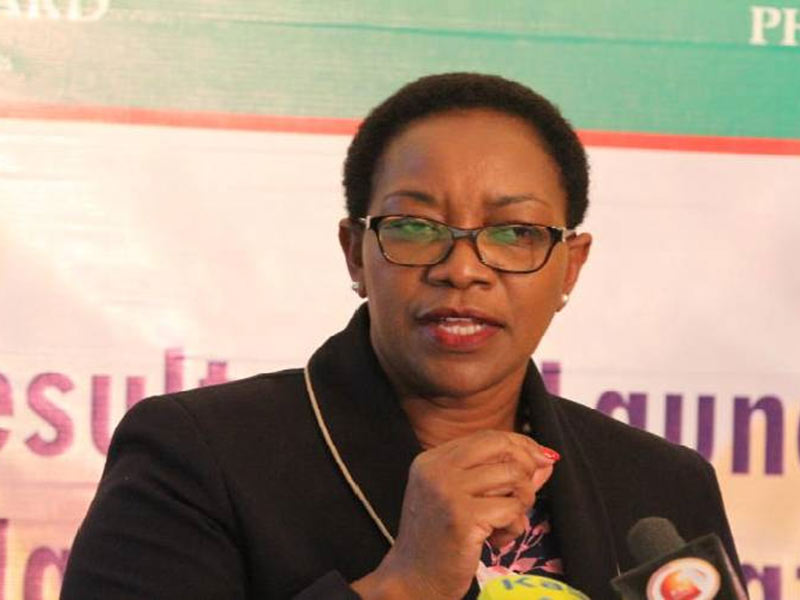×
The Standard e-Paper
Home To Bold Columnists

A Dutch company hired to supply medical equipment to hospitals in a Sh63 billion programme has publicly disowned a price list tabled in Parliament by the Ministry of Health.
Philips Medical Systems Nederland BV was initially contracted by the Government to deliver Intensive Care Unit (ICU) equipment at a cost of Sh3.6 billion.